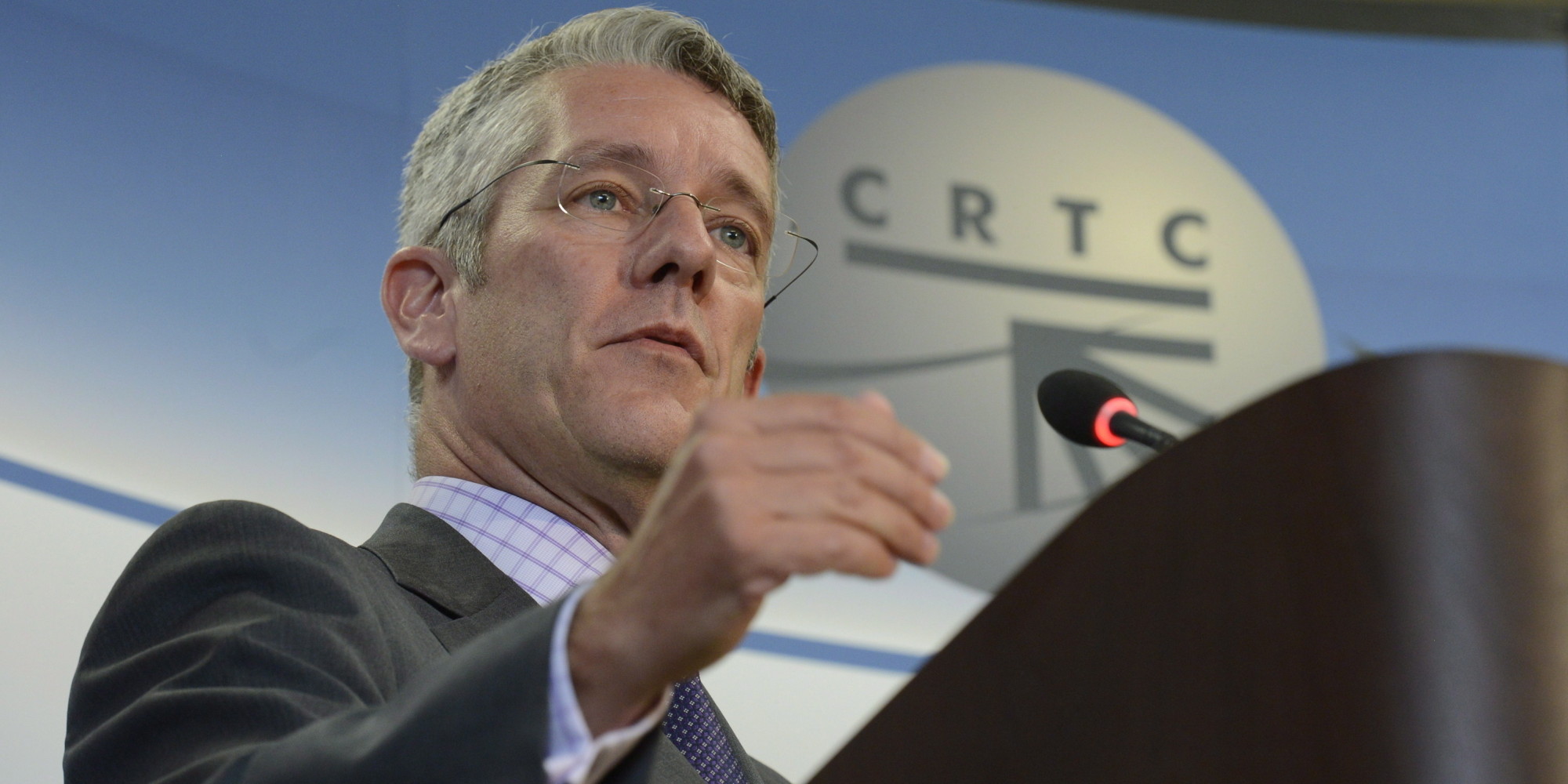
The CRTC has ruled today in favour of regulating domestic roaming rates, in a decision that will likely affect the Canadian wireless industry more than any other in recent memory.
While the regulator has not codified the exact amount carriers will be allowed to charge their domestic roaming partners, incumbents Rogers, Bell and Telus will likely be forced to share their airwaves with Wind Mobile, Videotron, Eastlink and other smaller carriers, considered new entrants, for fees much lower than they are today.
Starting in June, the regulator will enforce interim rates that are in accordance with the Government of Canada’s decision from last year that limited carriers to charging roaming partners what they charge their current customers.
In the decision, the CRTC determined “there is an insufficient level of competition among the national wireless companies – Bell, Rogers and Telus,” and that in order to foster competition between existing new entrants and incumbents, as well as foster the growth of MVNOs (mobile virtual network operators), wholesale wireless rates will need to be regulated.
According to the CRTC, without these measures, “these companies can maintain rates and impose terms and conditions that would not prevail in a competitive market. Other Canadian wireless companies need to obtain these services under reasonable rates, terms and conditions in order to offer comparable broad or national wireless coverage to their own customers.”
Interim rates, which are equal to the maximum these carriers charge their own customers, are set today, and will await Rogers, Telus and Bell to submit lower rates to the CRTC for approval by November 4th, 2015.
These provisions also don’t apply to smaller networks, so SaskTel, MTS, Eastlink and others have that reasonable penetration in their own provinces are not forced to share their networks bilaterally with Rogers, Telus and Bell.
This is a positive outcome for Wind Mobile and Videotron, among others, which have been waiting for lower domestic roaming rates to launch the equivalents of national networks without the incumbrance of unduly high domestic roaming rates from the incumbents.
Wind Mobile’s former CEO and chairman, Tony Lacavera, said he was happy with the decision. “The CRTC is making positive but incremental steps toward ensuring a more competitive telecommunications industry long term. But the decision is largely deferred on specifics and costs, but overall it’s positive that the rates will be regulated.”
[source]CRTC[/source]


